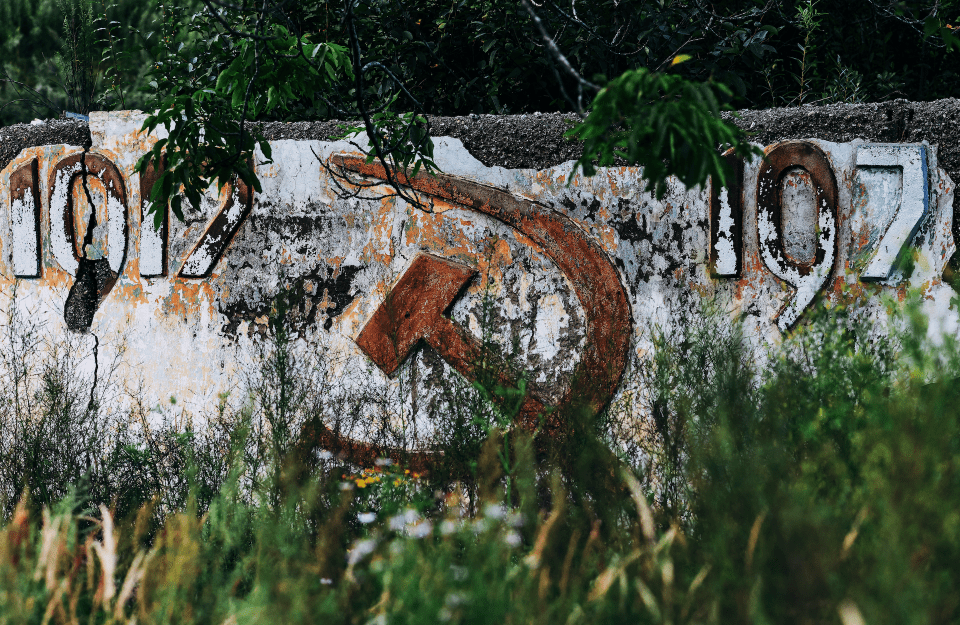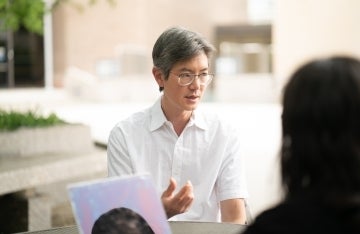Professor Barbie Zelizer on Mikhail Gorbachev’s Legacy
In Penn Today, Professor Barbie Zelizer shares her thoughts on Gorbachev’s impact on the Soviet Union and the world.

Photo Credit: Tengyart / Unsplash
At the end of August, Mikhail Gorbachev, the last leader of the Soviet Union, died at age 91. Recently, Penn Today asked experts in history and politics, including Raymond Williams Professor of Communication Barbie Zelizer, to share their thoughts on Gorbachev’s legacy. Zelizer is the director of the Center for Media at Risk at the Annenberg School for Communication, and author of the forthcoming book, How the Cold War Drives the News.
Zelizer’s remarks follow:

“Mikhail Gorbachev emblematized life in the Soviet Union beginning anew despite its Cold War burdens. His projects of perestroika (restructuring) and glasnost (openness) pushed for expansive change, pointing to less combative politics, less restrictive culture, more attainable ideals, and more transparent institutions. He aimed high: A pivot to multilateralism and globalism improved ties with the West and a democratized eastern Europe, more freedom of expression and civil liberties, the beginnings of private enterprise.
But Gorbachev’s legacy also demonstrated that change would not come easily to the Soviet Union. He had to contend with Russia’s past as he sought transformation, and when much about perestroika and glasnost remained unclear, unpopular, and contradictory, many of the reforms he pursued dissipated. His uneven policies created food shortages, corruption, and oligarchs that drowned out his hopes for transformation.
What about Russia’s past shrinks the potential for change? When Catherine the Great famously declared Russia to be a “European power” in 1766, she did not renounce autocracy. When Alexis de Tocqueville a century later predicted Russia’s rise as a superpower, he aligned it with authoritarianism, autocracy, and servitude. Today, in the wake of Russia’s war on Ukraine, Vladimir Putin’s reversal of what was left of Gorbachev’s reforms into mistrust of the West, a restored police state, denial of human rights, and muzzling of the media shows how close to the surface authoritarianism lurks.
Russia’s past keeps authoritarianism on speed-dial, where it repeatedly surfaces to shut down transformative potential. The past does not disappear just because leaders or regimes change character. It remains in some entrenched form, emerging to lend clarity when not enough exists. We need to recognize that and concentrate on unpacking its particulars.”



